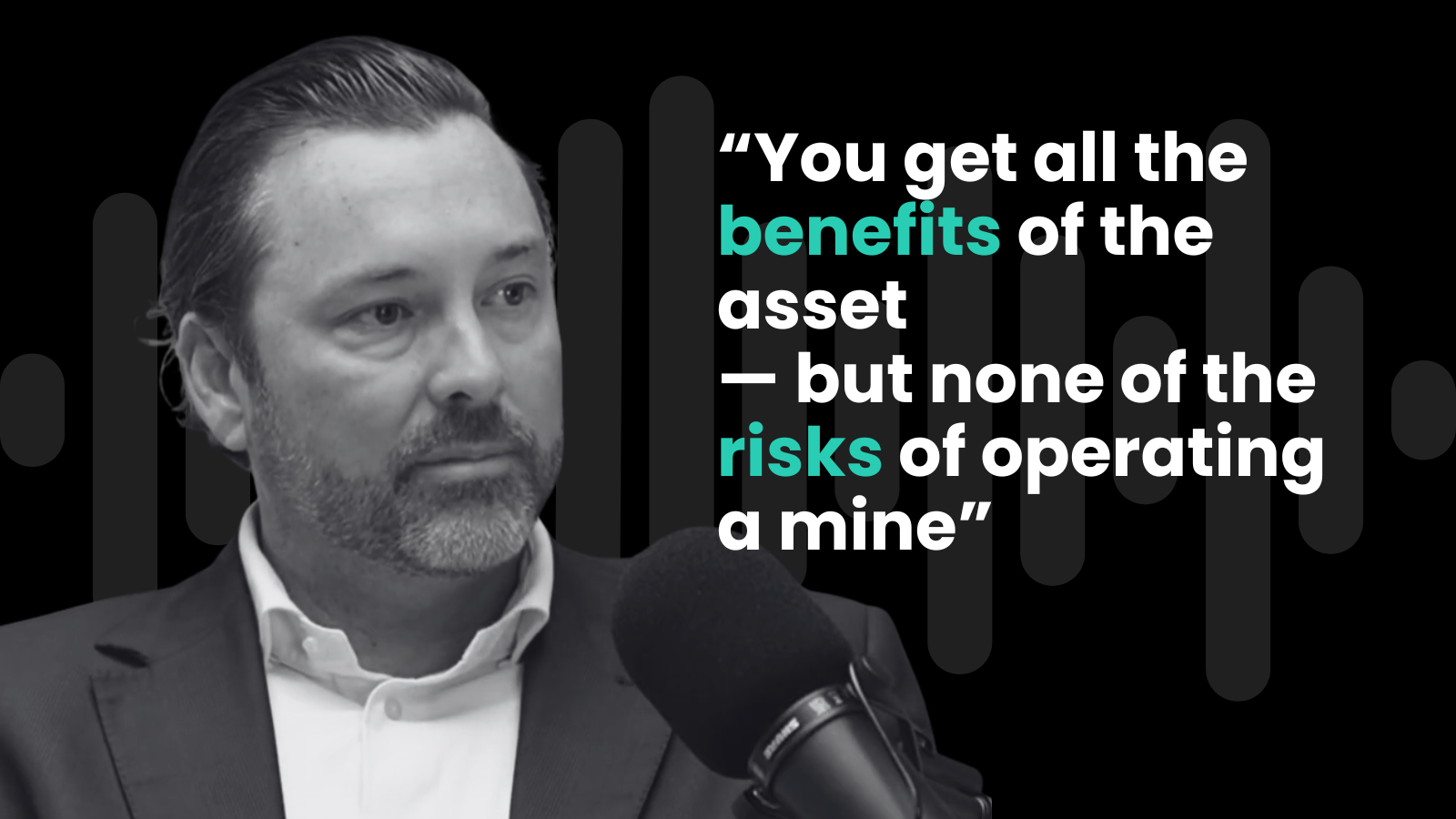The romance between Bitcoin and corporate balance sheets is deepening. But, as with all romances, there are whispers of danger.
A new poll from London-based Nickel Digital Asset Management suggests that while listed companies buying up Bitcoin might look like a bold bet on the future, the practice could just as easily turn into a structural fault line in the digital asset market.
Nickel — Europe’s largest digital assets hedge fund, founded by former Goldman Sachs and JPMorgan hands — canvassed senior investment professionals across the UK, US, Switzerland and Singapore. Nearly one in three respondents (32 per cent) described the rise of so-called “Bitcoin treasury companies” as a time bomb for the digital ecosystem.
Another 29 per cent saw them as “attractive but fragile”. That fragility stems from the way these companies operate: many have swapped the dull ballast of bonds and cash for Bitcoin, sometimes financing their purchases with equity raises or debt. It is a high-wire act. If the price falls sharply, forced selling could follow, creating the kind of feedback loop that turns market jitters into outright crises.
- Are you unknowingly positioning against crypto?
- FUTURE Holdings raises CHF 28m to build Bitcoin treasury platform
- Underpriced geopolitical and cyber risks put Gold and Crypto in focus
Public companies have been buying Bitcoin
The numbers, on the face of it, are impressive. According to BitcoinTreasuries.net, around 1.01 million Bitcoin are now held by publicly listed firms. Some 190 companies worldwide have added it to their balance sheets, alongside another 139 entities — from governments and ETFs to custodians and DeFi protocols.
At the forefront is MicroStrategy NASDAQ:MSTR (or “Strategy”, as it is now known), which alone accounts for nearly two-thirds of all Bitcoin owned by listed companies. America, unsurprisingly, leads the charge: four-fifths of all such holdings are in US firms. But the movement is not exclusively American. Corporations in the UK, Canada, Japan and Hong Kong are joining the experiment.
Supporters argue this is precisely what digital assets need. In the same survey, more than a quarter (27 per cent) hailed corporate Bitcoin treasuries as key enablers of adoption. A smaller slice (13 per cent) said they were reserving judgment. And earlier research conducted by Nickel in January this year painted a rosier picture still: 86 per cent of institutional investors, managing an eye-watering $1.1 trillion between them, said they favoured listed companies holding Bitcoin. Only one per cent voiced outright opposition.
So why the shift in mood on crypto treasuries?
Anatoly Crachilov, Nickel’s CEO and founding partner, suggests it reflects the maturing of the debate. “Back in January, we saw overwhelming institutional support for listed companies adding digital assets to their balance sheets,” he said. “Fast forward to today, and sentiment has clearly become more nuanced.” The risks, in other words, are beginning to dawn on the professionals who once cheered loudest.
And those risks are not just theoretical. Bitcoin remains volatile — the very quality that makes it exciting also makes it a treacherous foundation for corporate finance. A company betting the shop on digital gold could find itself in trouble faster than the markets can update their Bloomberg terminals. At best, Bitcoin treasuries may accelerate mainstream adoption. At worst, they may prove to be the detonators that turn crypto’s cyclical busts into something systemic.





















